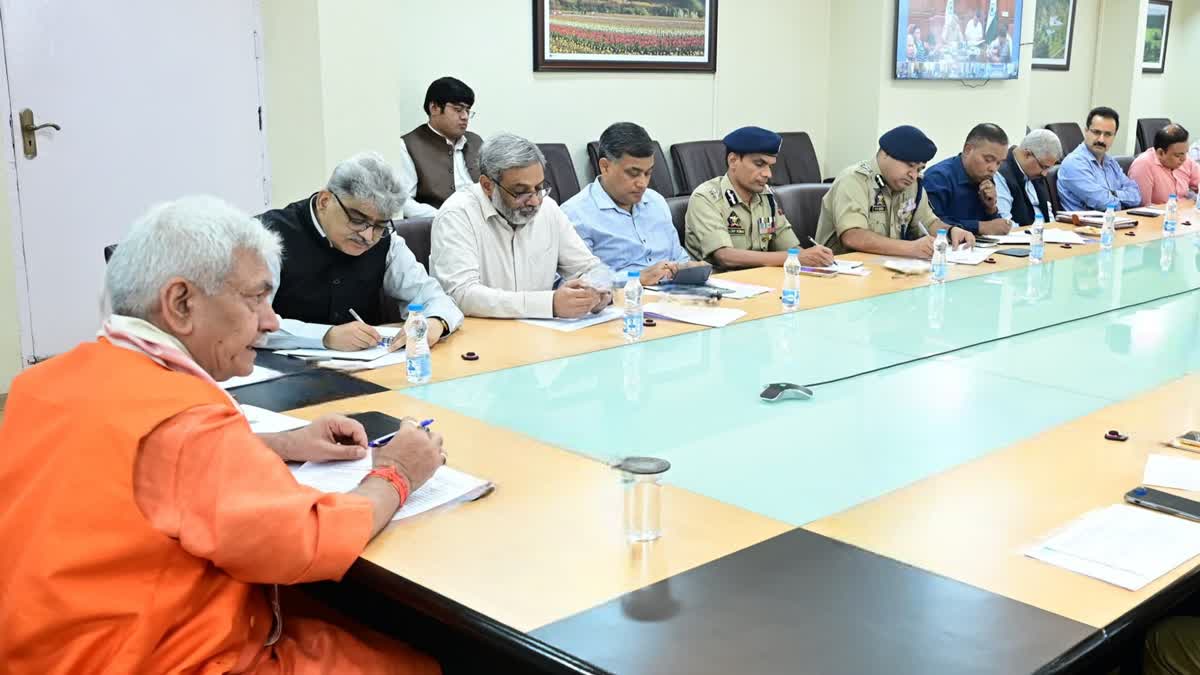Srinagar (Jammu and Kashmir): As the fifth anniversary of the central government's decision to abrogate Jammu and Kashmir's special status is marked on Monday, the region continues to feel the impact of the historic move made on August 5, 2019. The central government had then asserted that abrogating Articles 370 and 35A would restore the rights of the people of Jammu and Kashmir, claiming these articles were major impediments to the region's development. Home Minister Amit Shah had cited the security situation and cross-border militancy as reasons for reconstituting Jammu and Kashmir as a Union Territory.
Since the abrogation, security agencies have intensified operations against militants and their supporters, resulting in the detention of hundreds of young people. Crackdowns on separatists and Jamaat-e-Islami have also led to the sealing of numerous commercial and private properties, a process that remains ongoing. The Jammu and Kashmir administration argues that stringent measures are necessary to eradicate militancy, which includes targeting those who promote and support it.
According to official statistics, 86 government employees, including doctors, teachers, and policemen, have been dismissed so far as part of efforts to dismantle the militancy ecosystem. Sources indicate that a list of additional individuals accused of having links with militants and promoting separatism is being re-verified, with dismissal orders to follow once evidence is compiled.
A high-level inquiry committee was established to verify the service records of employees whose initial appointment orders are unavailable. Post-Article 370 abrogation, several laws have been amended, including one allowing for the dismissal of any government employee involved in anti-national activities or harming the peace and security of Jammu and Kashmir without investigation or inquiry.
